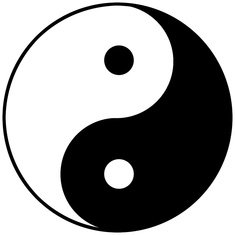Featured Quizzes
User Quizzes
Create Quiz
Data and Charts
Badges and Games
About JetPunk
JetPunk Shop
Dark Mode

Antonyms Quiz #1
Guess the antonyms of these words.
Rate:
Featured Quiz
Last updated: August 30, 2018
You have not attempted this quiz yet.
More quiz info >>
| First submitted | August 30, 2011 |
| Times taken | 259,354 |
| Average score | 74.1% |
| Rating | 4.64 |
5:00
Enter antonym here:
0
/ 27 guessed
Time Used
00:00
Best Time
00:00
The quiz is paused. You have remaining.
Scoring
You scored / = %
This beats or equals
% of test takers
also scored 100%
The average score is
Your high score is
Your fastest time is
Keep scrolling down for answers and more stats ...
|
|
|
New and Popular
Save Your Progress
Copyright H Brothers Inc, 2008–2024
Contact Us | Go To Top | View Mobile Site

When you know several language besides your native tongue. (Random, or the one you happen to better at? Or something else?)
Or is it only called second language when you have actually been raised in more than one language (like an english mother and a french father, just to give an example)
Would make sense... because then you say MY second language (not that you own it, but is is more your own than when, say, you learned another language at 30)
You see, english isnt my first language? I know the words, and the meaning of them, but that doesnt allways mean you know what is meant by them ;)